
BY J.O. HASELHOEF AND MACOLLVIE J. NEEL
Maternity program tailored to Haitian women now available
Life of Hope’s Gadyen Dwa Manman aims to reduce maternal mortality by supporting Haitian mothers’ birthing experiences
BROOKLYN—Women born in Haiti who are pregnant or thinking about becoming mothers now have a maternal health support program in the New York area tailored to meet their language and immigration needs.
Launched in April, the Birth Justice Defenders Haitian Hub based in Life of Hope in Brooklyn, N.Y., aims to help mothers and aspiring moms achieve a better overall experience with healthcare along their motherhood journeys. Called Gadyen Dwa Manman in Kreyol, providers say they advocate and support environments for pregnant women to have safe, dignified birthing experiences.
“This is a gold mine for mothers. It’s a gold mine for our community,” said Ivie Bien-Aime, a New York City-based community activist. “If you don’t speak English and you’re a Black person, who can’t defend herself in doctors’ offices – imagine what that looks like.
“Now that this is open, let’s welcome it to our community,” Bien-Aime added.
The new hub is funded by the Maternity Hospital Quality Improvement Network (MHQIN) within the New York City Department of Health and Mental Hygiene (DOHMH). It supports Life of Hope’s Haitian Women’s Birth Equity initiative, launched in 2021 under the non-profit’s broader health and wellness program, Sante Se Lavi.
Dr. Christina Pardo, head of the Sante Se Lavi umbrella program, said during an interview last February that although there were a lot of resources and funding and programming being developed, there was “a huge gap in both engagement and access for those who speak Kreyòl or French.” So when officials with the city’s health department suggested that Life of Hope add the Birth Justice Defenders, Pardo spearheaded the effort as she had already seen the need growing with their existing initiatives.
“Our services are open to everybody, but we have an emphasis on those who speak Haitian Creole and French,” said Pardo, an ob-gyn and assistant professor at SUNY Downstate Health Sciences University’s Division of Health Equity.
Already, she said, the Birth Equity program serves thousands of families, many of them from outside Brooklyn.
“Once you provide a good service, word spreads,” she said.
Specific statistics about the program’s funding and client base are available in the Haitian Women’s Birth Equity Report, Pardo said.
For some, the program is a long-awaited response to data and experiences showing that Haitian-born women have higher risks and more severe pregnancy complications than other groups. April’s launch drew nearly 50 attendees, among them children and toddlers who accompanied their parents, as well as praise from the program’s partners, supporters and staff.
Lovely Paulemon, senior manager of Constituency Service at the Mayor’s Office of Immigrant Affairs, reminded attendees that every woman deserves access to justice in her own language and encouraged women to use the services offered by the new program.
“We’re so proud of this initiative. We’re so excited to see this come to our community, and I ask everyone to take advantage of it, to share it,” Paulemon said
“Moms, don’t be scared, you have rights,” Paulemon said. “Just because you may be new here or you don’t have documents, you still have rights. Our job is to protect you and to serve you.”
________
For more information about the program or to volunteer, email sante@lohnyc.org.

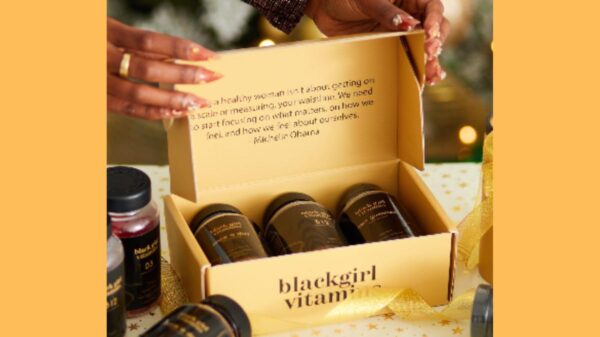

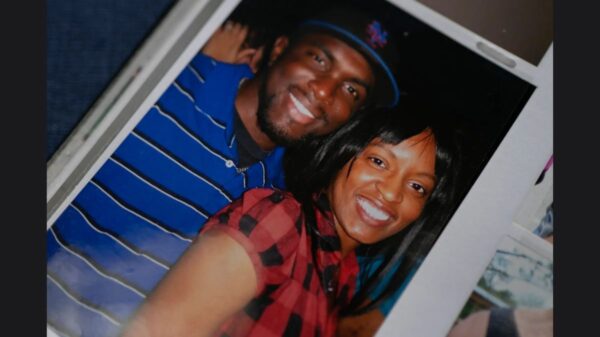

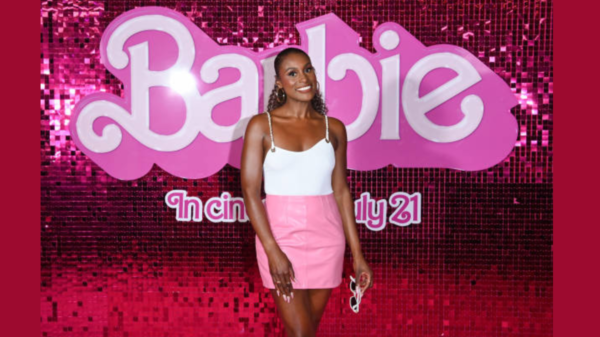

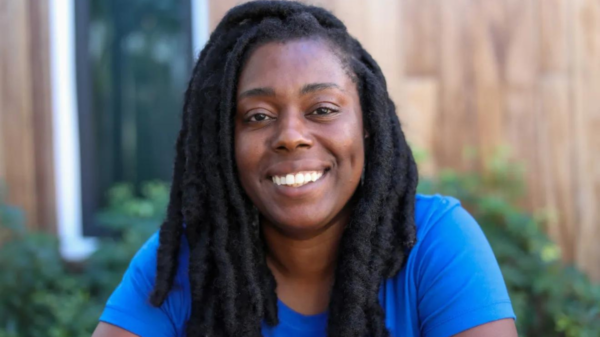
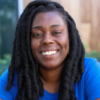
You must be logged in to post a comment Login